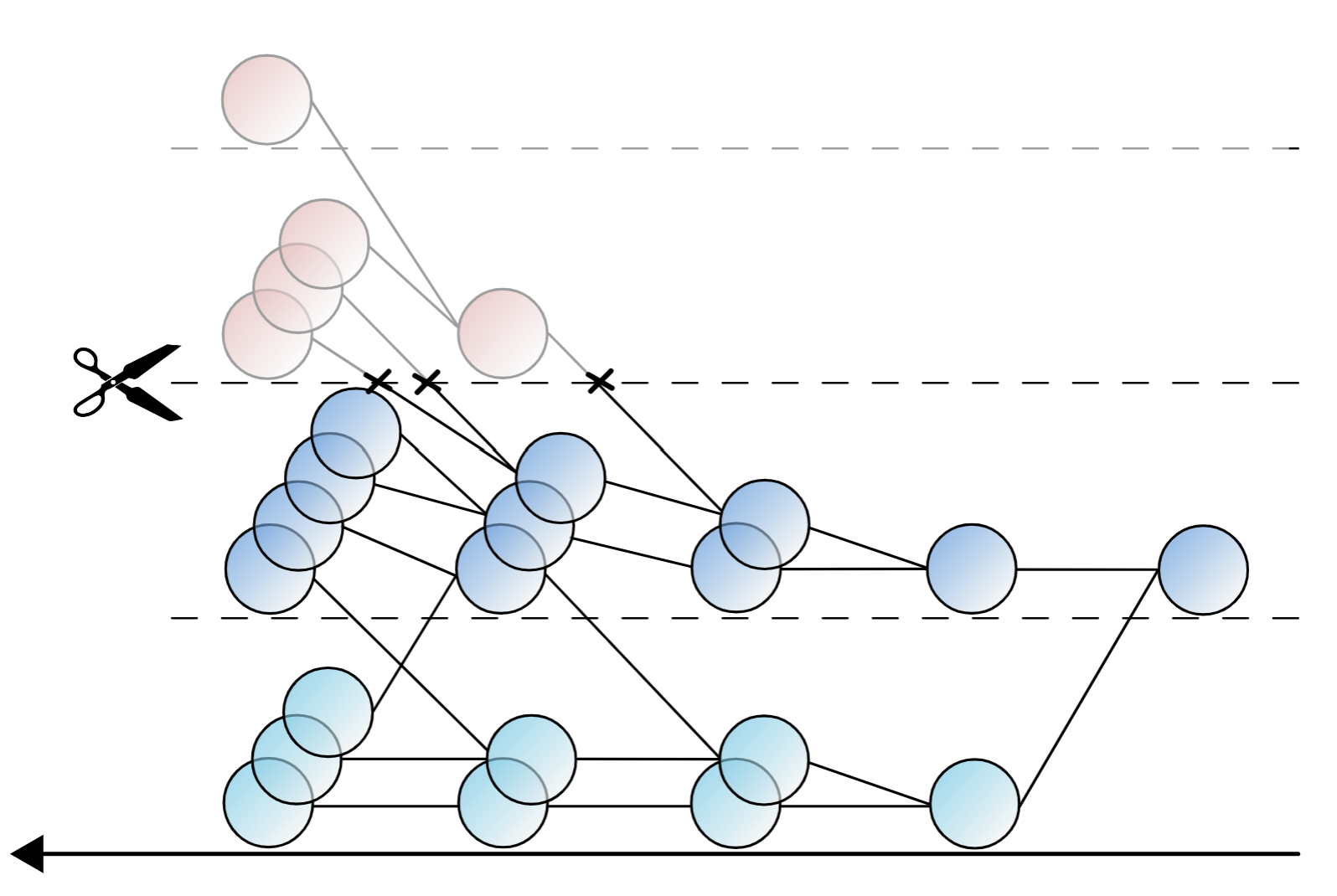
- This event has passed.
Propagation algorithms for classical simulation and beyond

Armando Angrisani (EPFL)
Simulating quantum dynamics on classical computer is, in general, a hard task. However, certain families of quantum circuits can be simulated efficiently using specialized classical algorithms. Among these, propagation algorithms have recently emerged as a powerful framework for classical simulation, significantly raising the benchmark for demonstrating quantum advantage.
By approximating the evolution of quantum operators in a suitable basis (typically the Pauli basis for qubit systems) these methods provide rigorous performance guarantees across a wide range of both noisy and noiseless quantum systems. In this talk, I will present recent theoretical advances in propagation algorithms and highlight their potential applications beyond classical simulation, including hybrid strategies that facilitate the practical deployment of near-term quantum devices.
I will also discuss how the propagation framework can be extended from qubit circuits to bosonic quantum systems. Furthermore, I will explore how propagation algorithms offer new insights into the fundamental resources required for quantum advantage, such as magic (non-stabilizerness) in discrete-variable systems, and energy and non-Gaussianity in continuous-variable systems.
Contact : I. Nechita
